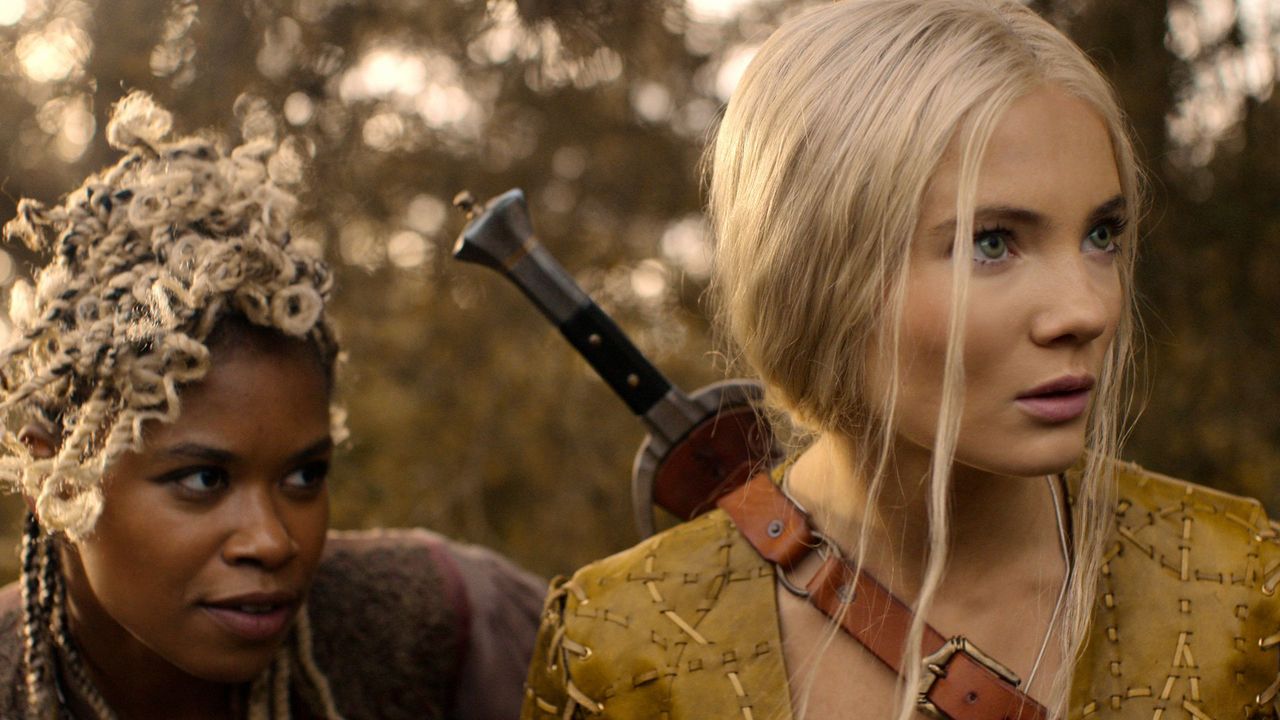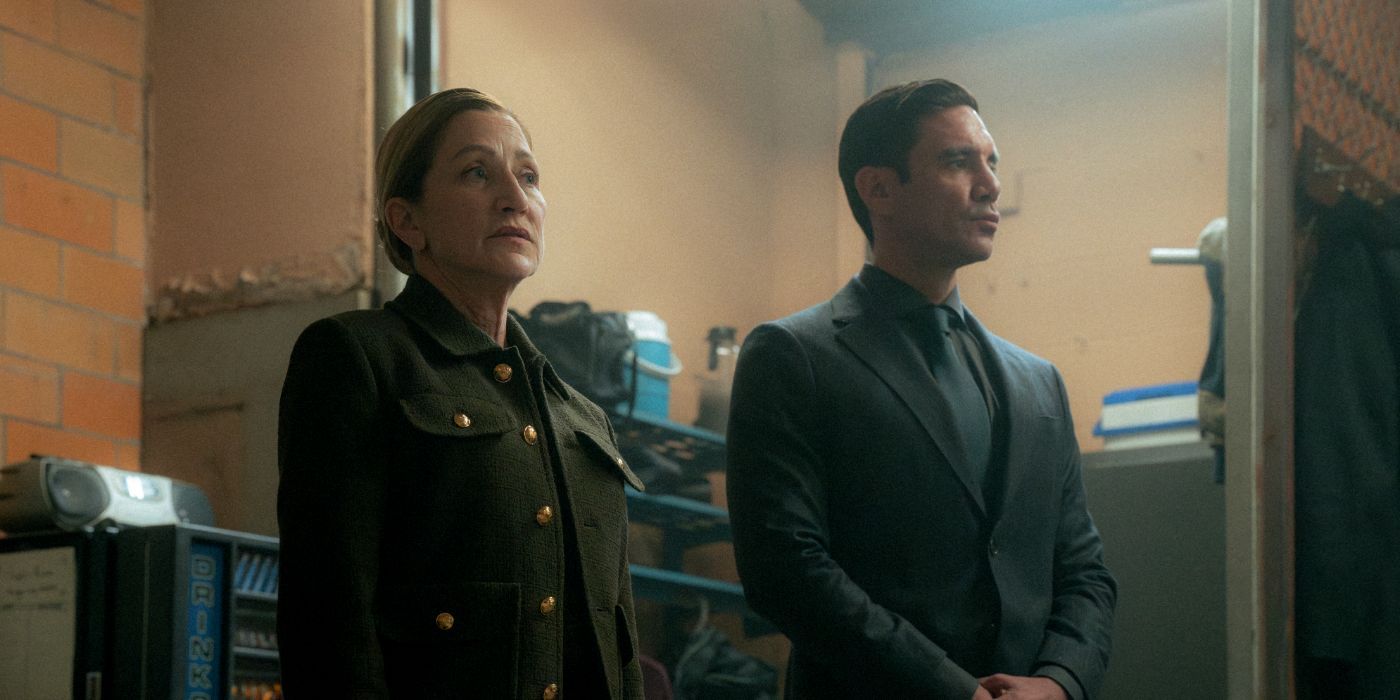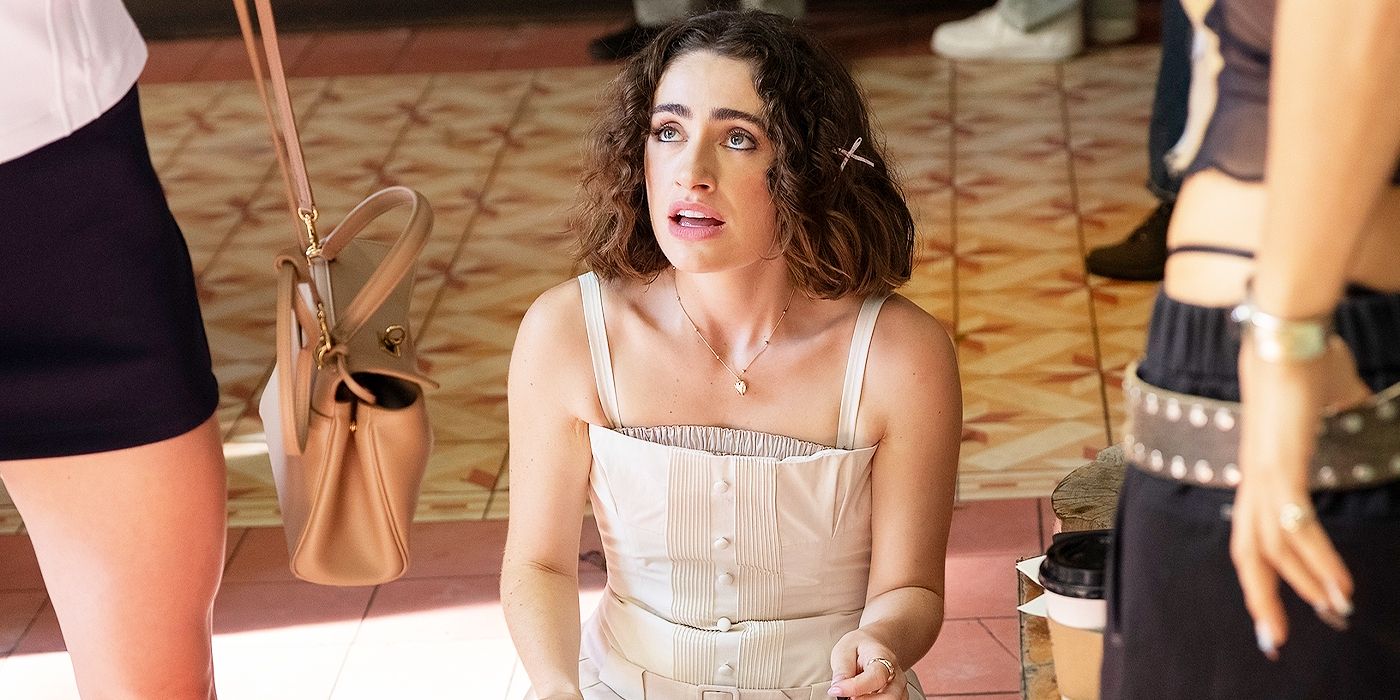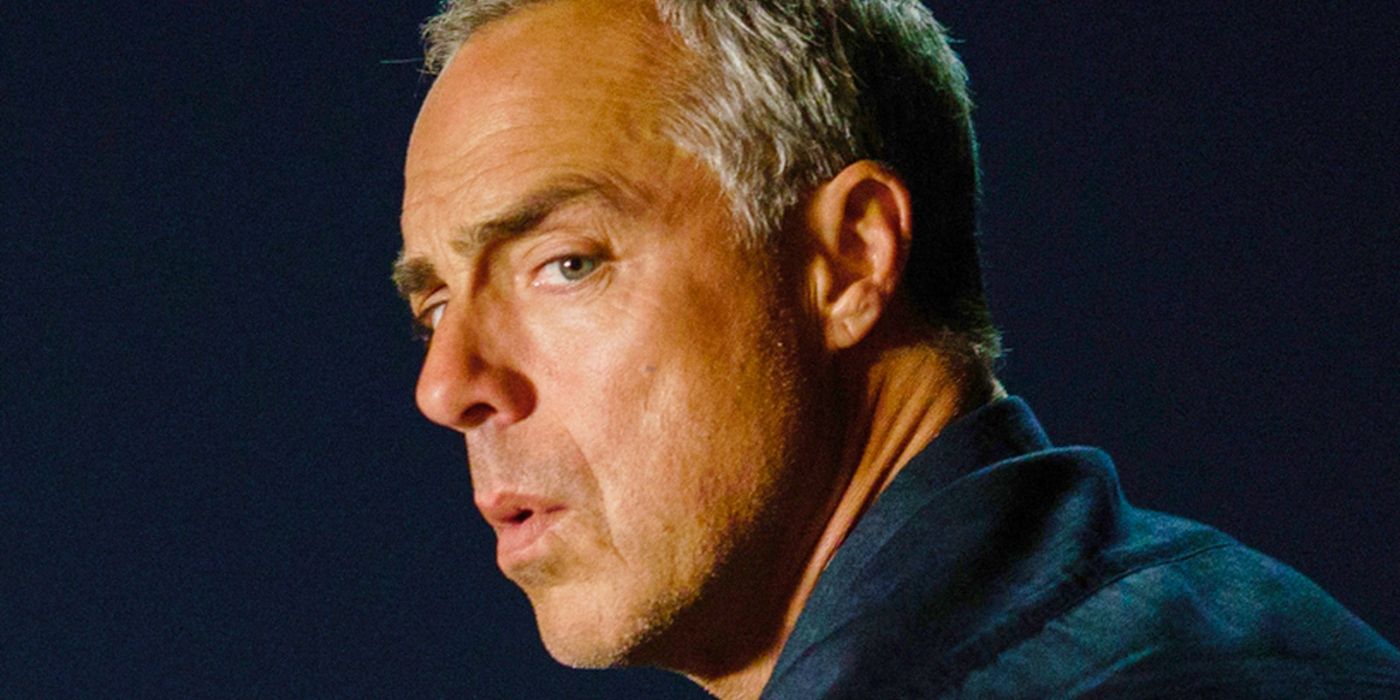Netflix’s Witcher Movie Sparks Outrage: The Rats: A Witcher Tale is a Controversial Attempt to Rewrite History and Divide Fans Amidst the Ongoing Culture Wars of Our Time
Netflix has once again stepped into the spotlight with its surprise release of “The Rats: A Witcher Tale,” a film designed to bridge the narrative gaps left by the much-discussed Season 4 of “The Witcher” series. This unexpected drop has already incited significant conversation and debate among fans, critics, and casual viewers alike. The film’s release has not only reignited discussions about the series’ direction but has also raised broader questions about storytelling in modern media, representation, and the impact of streaming services on traditional narrative forms.
“The Witcher,” based on the book series by Andrzej Sapkowski, first gained significant traction through its adaptation into a successful video game franchise before Netflix brought it to the screen. With its complex characters, moral ambiguity, and richly woven folklore, the series has captivated a diverse audience. However, as with many beloved adaptations, it has faced scrutiny regarding its interpretation of source material, character development, and overall narrative coherence.
The introduction of “The Rats” aligns with the growing trend of expanding or reinterpreting existing narratives in response to audience demand and cultural shifts. This film specifically focuses on one of the most compelling story arcs from the source material, exploring the morally gray dynamics of a group known as the Rats. The decision to create a standalone feature rather than continuing with traditional episodic storytelling reflects a significant pivot in the way narratives are being constructed for streaming platforms. This method enables creators to delve deeper into character backstories and themes that may not receive adequate attention in a standard series format.
However, the film’s release does not come without its controversies. Fans of the original novels and games have voiced concerns about fidelity to the source material and the implications of altering established lore. The debate echoes historical tensions in various forms of media—be it adaptations of classic literature or contemporary reinterpretations of historical events. Just as with adaptations of Shakespeare or the retelling of biblical tales, the challenge lies in balancing innovation with authenticity. Critics argue that straying too far from the original themes and character arcs risks alienating the core fan base, while advocates for creative freedom claim that reinterpretation is essential for keeping the narrative relevant and engaging for new audiences.
“The Rats” has also sparked discussions about representation within media. Recent years have seen a growing emphasis on diverse storytelling, with calls for narratives that reflect a broader spectrum of experiences and identities. Netflix has positioned itself as a leader in this movement, often facing backlash from both sides of the debate—those advocating for more inclusive narratives and those who feel that such efforts compromise the integrity of the source material. The film’s casting choices and character arcs may serve as a litmus test for how effectively the series can navigate these complexities while maintaining audience engagement.
Moreover, the rise of streaming platforms has fundamentally changed how narratives are consumed. The immediate availability of content allows for binge-watching, which can alter the way viewers engage with story arcs and character developments. This shift poses interesting challenges for creators, who must now consider pacing and cliffhangers in a manner that maintains suspense and viewer interest over shorter, more intense viewing periods. The implications of this change are profound, as it forces creators to rethink traditional storytelling structures that have dominated television for decades.
As “The Rats: A Witcher Tale” begins streaming, it is not just a film about witches and monsters; it is a battleground for ideological conflicts that extend beyond the screen. Fans find themselves divided over loyalty to the source material versus the need for contemporary relevance. The film serves as a microcosm for larger cultural conversations about adaptation, creativity, and the responsibility of storytellers in today’s media landscape.
With this release, Netflix appears to be challenging the notion of what a franchise should be and how it evolves over time. The response to “The Rats” will undoubtedly shape future projects and adaptations, as both creators and audiences navigate the complex interplay of nostalgia, innovation, and cultural relevance. In an era where media consumption is rapidly evolving, the implications of this film reach far beyond its runtime, resonating with issues that challenge our understanding of narrative, identity, and the very fabric of storytelling itself.




